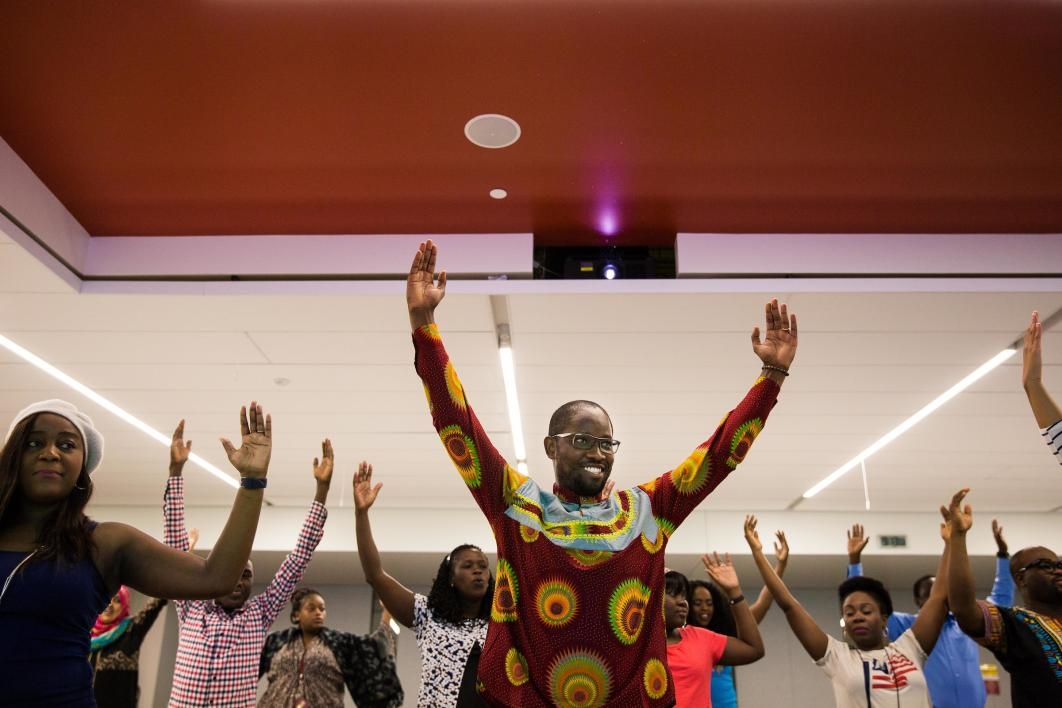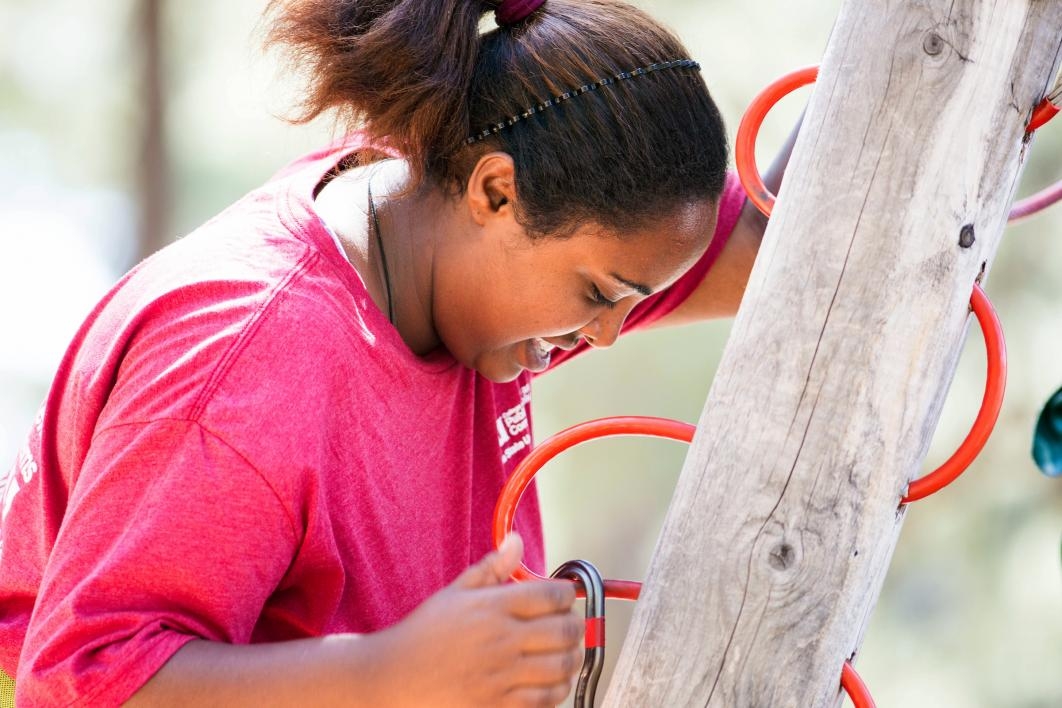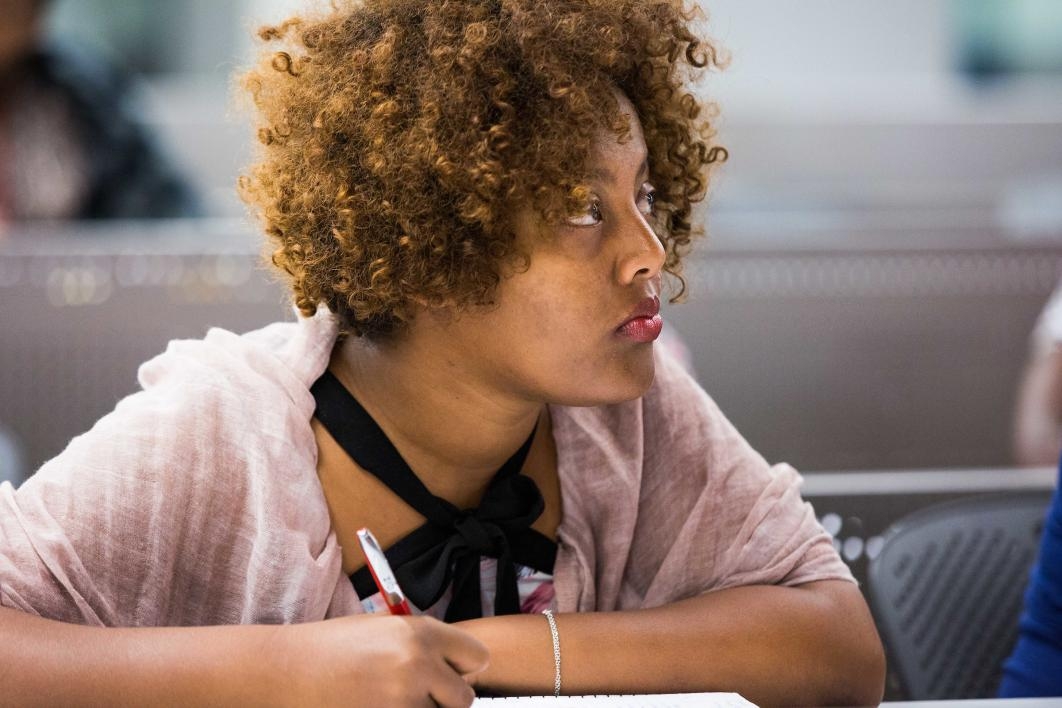Young African leaders learn about successes, challenges of solving problems in America
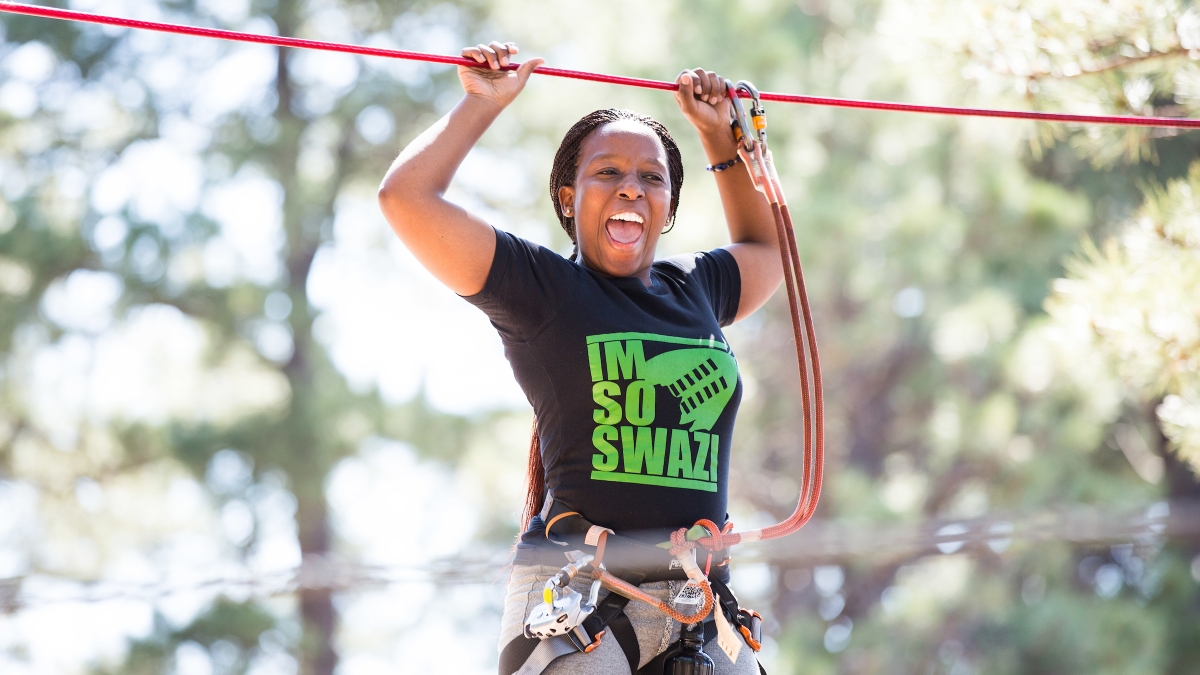
A group of young African leaders has been visiting Arizona to learn how American institutions collaborate to solve problems — and also how sometimes they fail.
Arizona State University is among several universities that are hosting the Mandela Washington Fellowship for Young African Leaders, an intensive six-week program of academic work and community service. This is the fourth year of the fellowship program, begun in 2014 as the main part of the Young African Leaders Initiative in the U.S. Department of State. The 50 fellows at ASU are from 28 countries in Africa and are in one of two study cohorts: civic leadership and public management.
“It’s eye-opening for them to see the continuing issues we’re dealing with in the U.S.,” according to Alberto Olivas, the academic director for the civic leadership group. Olivas is executive director of the Congressman Ed Pastor Center for Politics and Public Service in the College of Public Service and Community Solutions at ASU, which is hosting the program.
“A lot of them are surprised that we’re as frank as we are about the challenges we’re still dealing with in terms of racism. Homelessness as an issue has been very surprising for them,” he said.
“It’s good for them to see that not everything is perfect in America, but here’s what we’re working on and here’s what we’ve learned so far in confronting these issues of race and class and historical conflicts,” Olivas said.
The fellows are between the ages of 25 and 35 and are selected based on their accomplishments in their home countries. Many own their own businesses, lead nonprofit organizations or teach. While here, each scholar develops a project that he or she can implement back in the home community. They also learn practical skills, such as marketing strategies and the best way to write a grant application.
Video by Deanna Dent/ASU Now
Labran Alio Maidoukia is a fire captain in charge of security at a uranium processing plant in Niger, a French-speaking country in west Africa.
“Uranium is like our bank account. So I’m in charge of the safety of our bank account,” he said.
Maidoukia was hired by the United Nations to work with other countries in Africa on developing a response plan for terrorist attacks.
“I am a fire captain, so I don’t have public management and policy skills. That’s what I’m looking for here,” he said.
The fellows are meeting with several community organizations including the Tucson Urban League, Ability 360 and Native American Connections.
“The Tucson Urban League CEO was very frank and open with them about the struggles the organization has had and her efforts to turn around the organization to be on more solid footing,” Olivas said. “It was very practical for them, and they asked a lot of questions.”
The fellows have also had fun. The group has visited the Grand Canyon, Kartchner Caverns, the Musical Instrument Museum and an adventure course in Flagstaff.
Shaakira Chohan, who is an architect in Johannesburg, South Africa, said the rope course taught her a lesson about leadership.
“I’m an active person, and I like the outdoors. I took it for granted that it was something everyone would be excited to do,” she said. “Then I saw firsthand that some people were genuinely scared. So instead of moving quickly through the course, I realized that it was a role I could play to help people use their bodies to move forward, so it became about teamwork.”
The brutal summer heat has been challenging for some of the scholars. Chohan said that as an architect, she was surprised by Phoenix.
“It’s a desert climate but yet as I walk around the city, I haven’t seen a particularly responsive design, with elements like shading. Why is there so much tarmac?” she said.
“I’m looking to learn how we increase effective community participation in our design so it doesn’t happen from the top down but is reflective of the culture.”
Olivas said that he has had to gather a lot of local expertise in his role as academic director.
“It’s been a rediscovery of how rich this community is in expertise and talent and heart, and it’s been an opportunity to create new networks of mutual support within ASU and local institutions,” he said.
“And having the Mandela program here gives our community leaders an opportunity to have a global impact by sharing what they know.”
Top photo: Simphiwe Petunia Dube, a Mandela fellow from Swaziland, makes her way across a ropes course during a leadership training exercise at Flagstaff Extreme Adventure Course on June 26. Photo by Deanna Dent/ASU Now
More Local, national and global affairs

Thunderbird at ASU, AUK student appointed as Ukraine’s deputy minister of education and science
Nadiia Kuzmychova, a student in the Master of Leadership and Management (MLM) program at Thunderbird School of Global Management at Arizona State University and the American University…
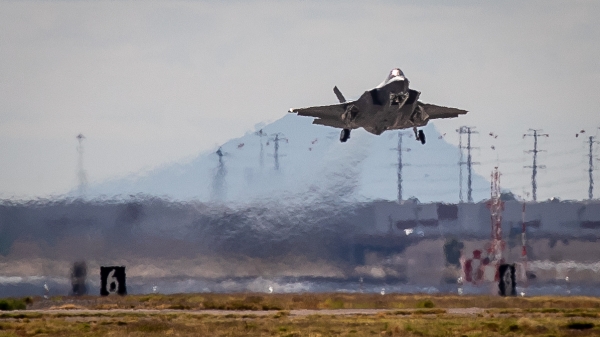
ASU creates pathways to public service careers for military students
The School of Public Affairs at Arizona State University is making careers in public service easier to access for military students.Next year, the school will start holding graduate courses on site…
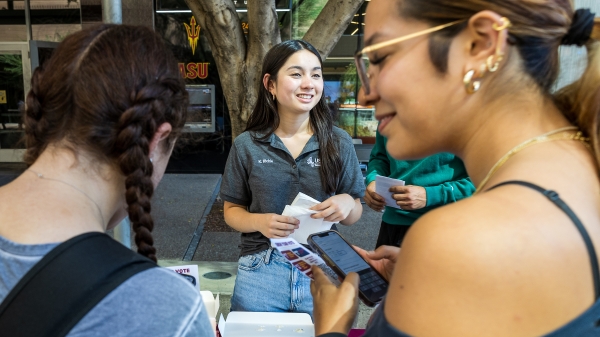
Minting community leaders and stellar citizens: ASU’s Public Service Academy approaches 10-year milestone
Airports that are easier to navigate.Health care that is simple to access.Helping underrepresented youth reach college.These are realities that alumni of Arizona State University’s Public Service…
